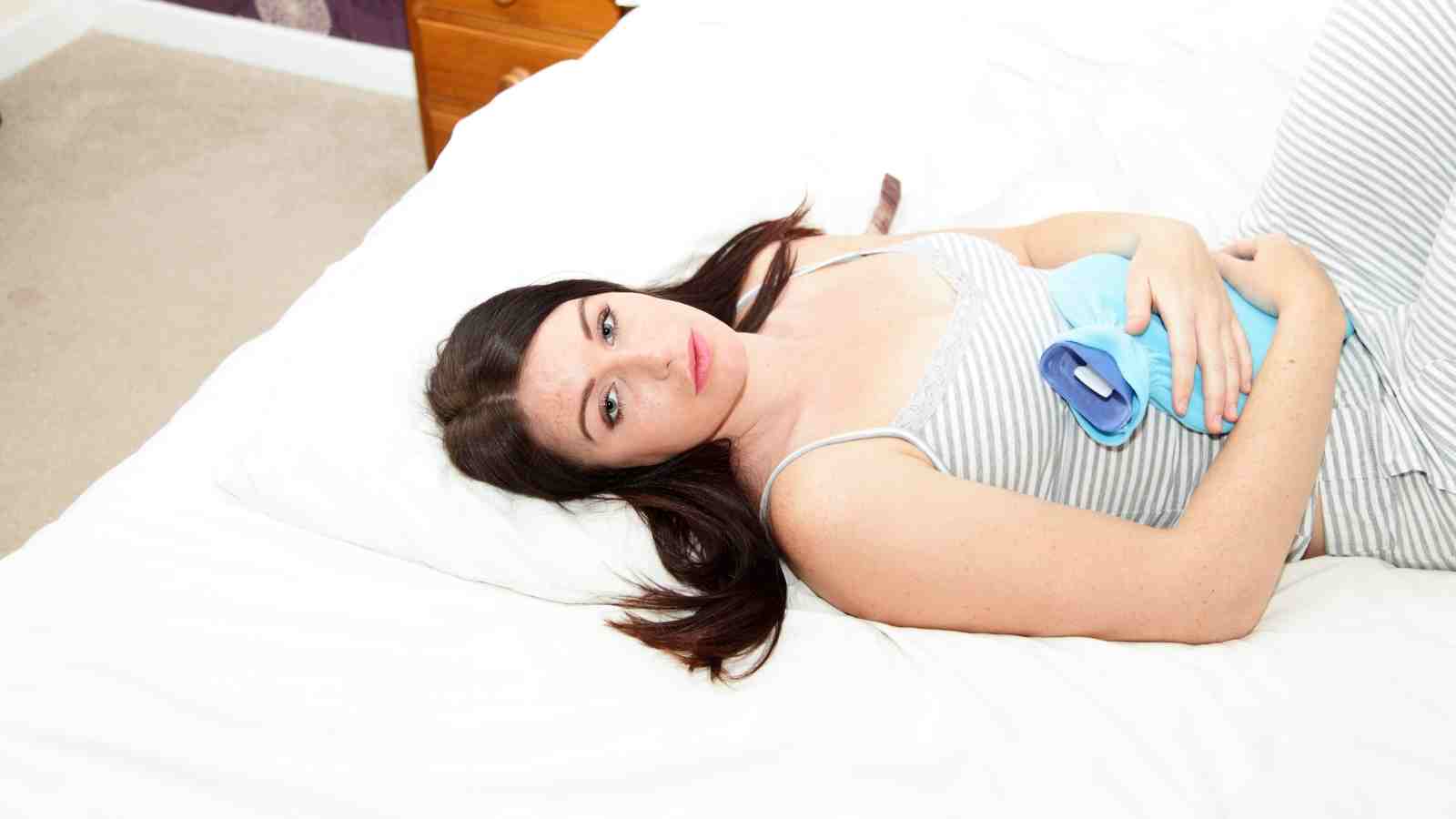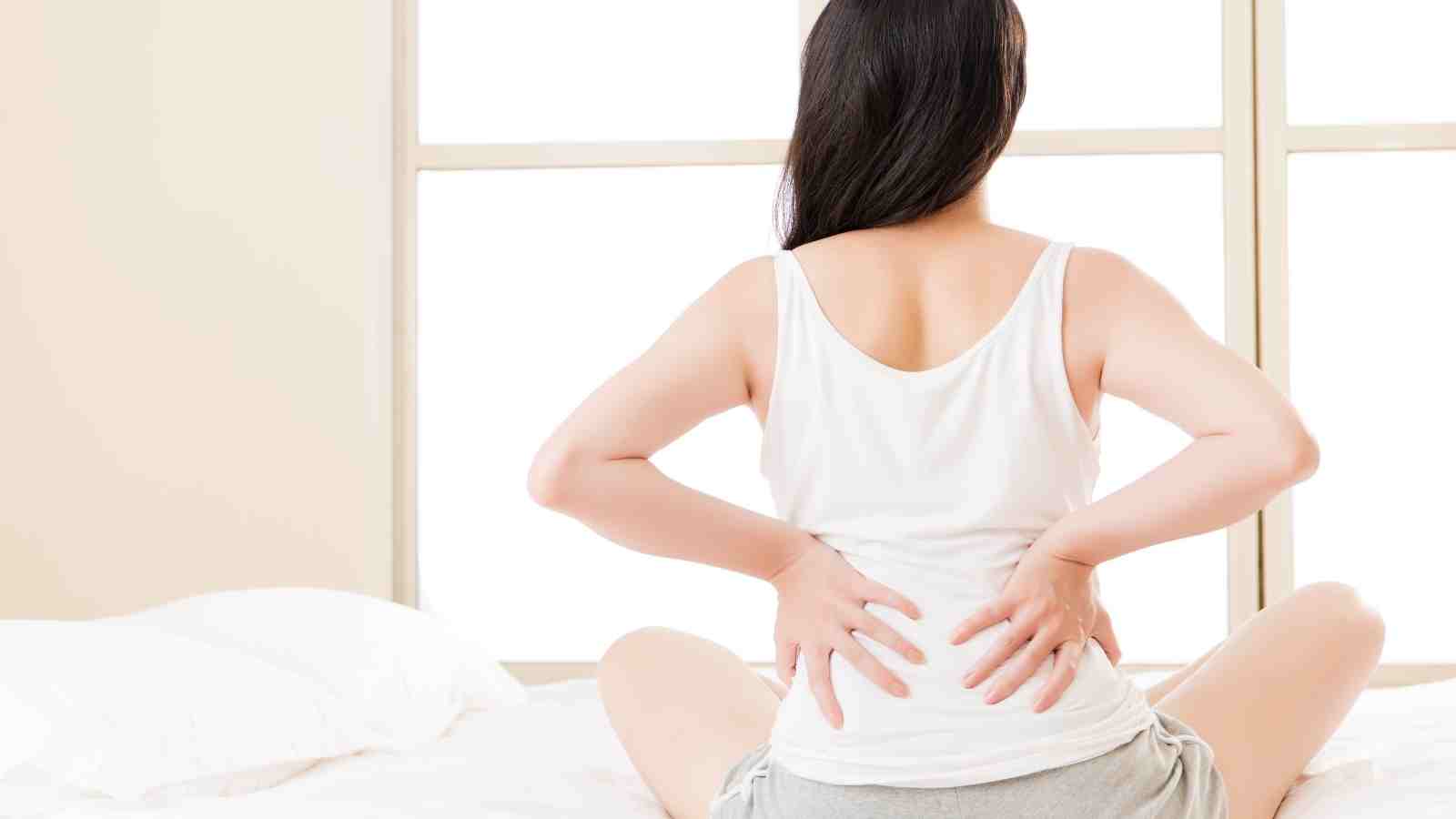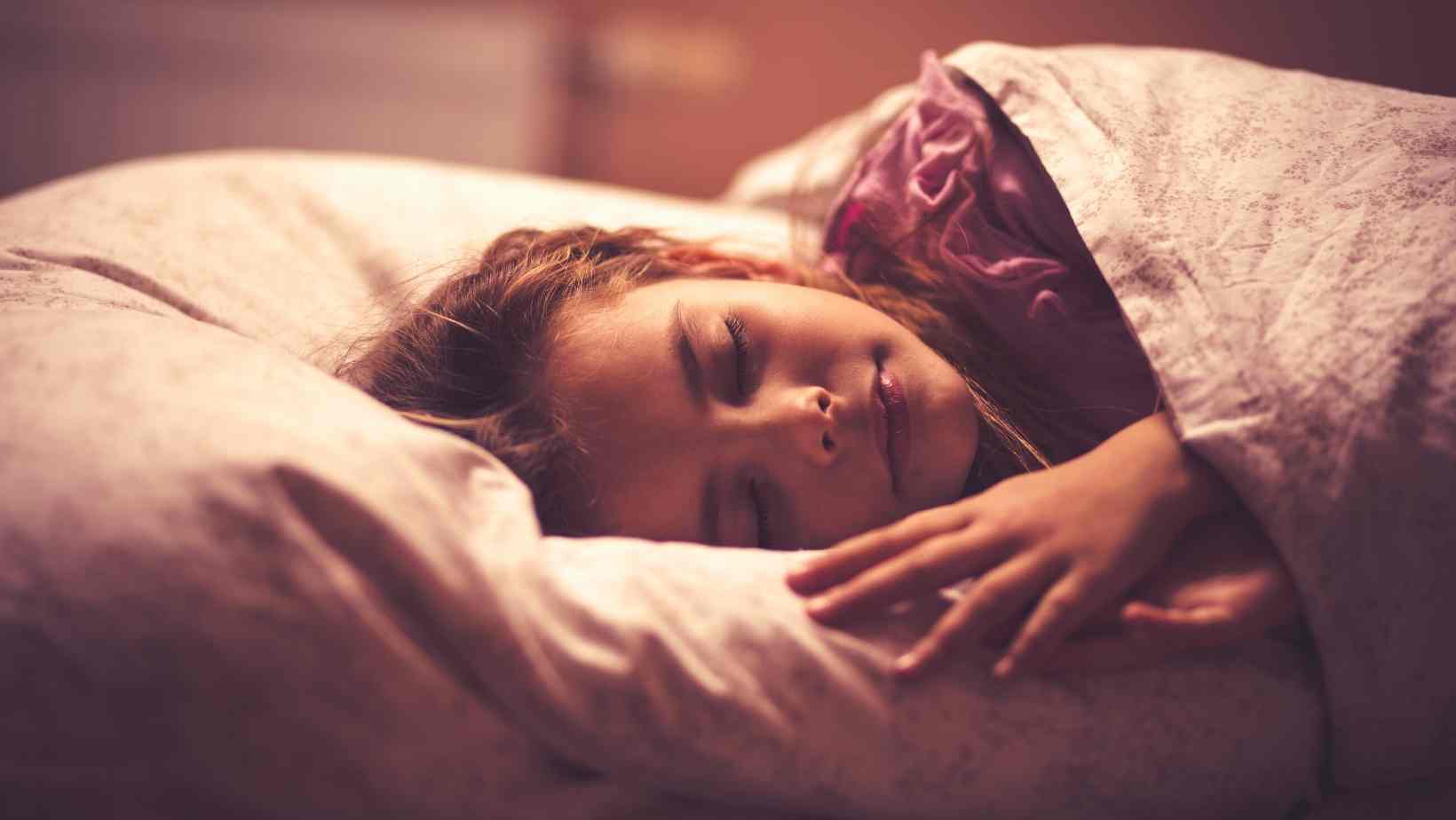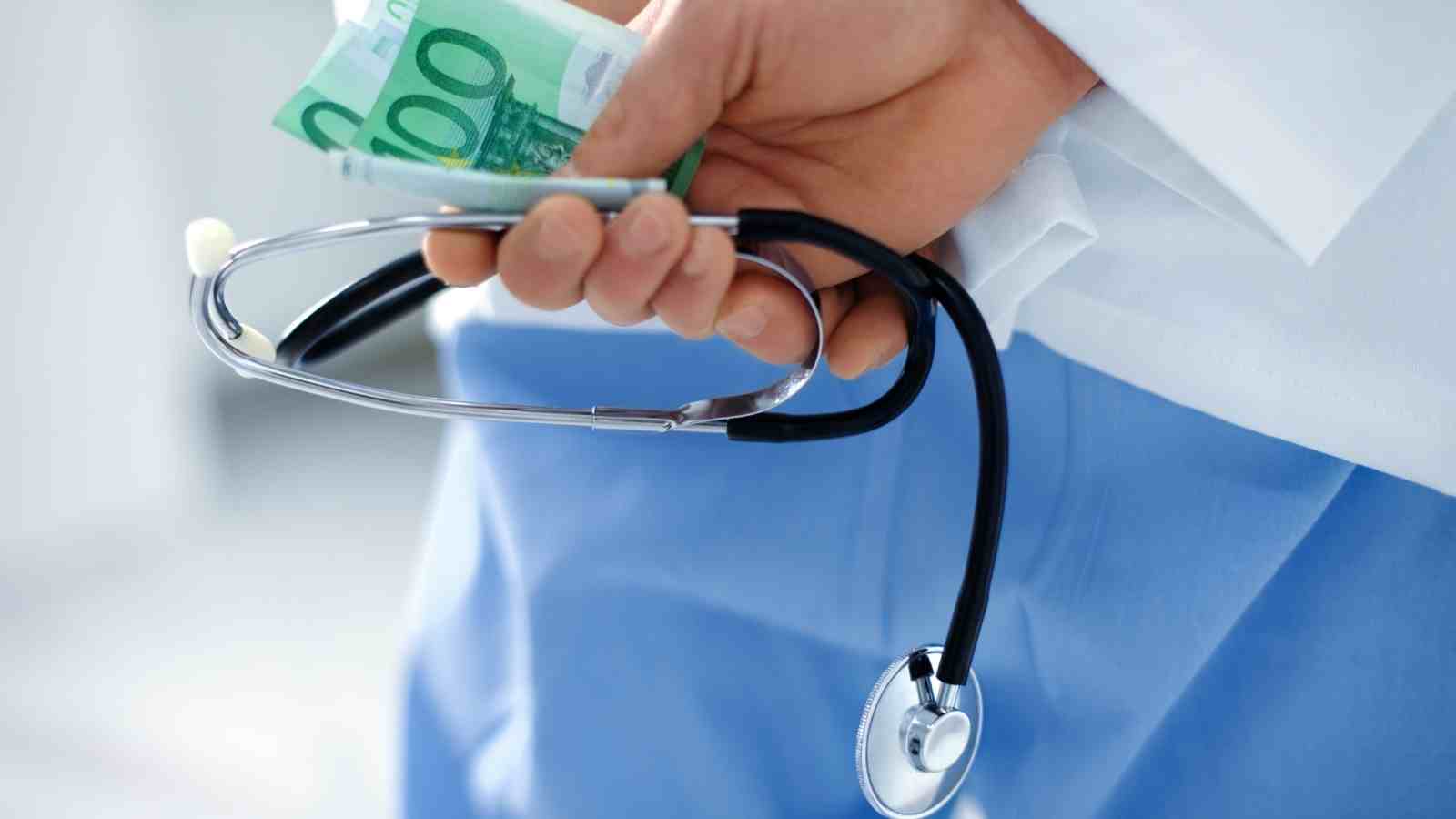A WOMAN’S PERIOD IS LIKE ONCE A MONTH HER BODY ACCIDENTALLY HITS CAPS LOK ON HER EMOTIONS.
A little pain and our hands reach out for painkillers. Headache? painkillers. Stomachache? painkillers. Body pain? painkillers. We have made our bodies so dependent on painkillers for even the smallest amount of pain so imagine what happens when women face period pain. What you are thinking is exactly what happens, they literally pop up all the painkillers they can find just to get rid of that gut-wrenching pain. Does it help? Yes, sometimes. But is it a good solution? Absolutely not.
Constantly taking painkillers can cause nasty side effects, including acid reflux, stomach ulcers, and digestive problems. The riskiest is the non-steroidal anti-inflammatory drugs like ibuprofen as over time they can cause stomach inflammation, constipation, diarrhea, and low blood pressure. But even after knowing this, taking painkillers to subside period pain seems like the only available option, after all the pain is known to be as extreme as the pain felt during a heart attack.
So now the question is if it is a big no to painkillers and a big no to pain then what is it that we can say yes to.
Here are a few tips for an almost pain-free periods:
Water, water, and water
It can not be stressed enough that water is the cheapest and most abundant solution to all your problems. Headache? drink water. Period pain? drink water. Relationship problems? drown them. Just kidding, but seriously drinking water can help fighting period pain by taking down all the bloating and alleviating the pain it causes. Drinking hot water can increase blood flow and relax your muscles and can prevent clotting which causes great discomfort. This can also lessen uterine contractions-induced cramps.
Enough sleep
After water, sleep is probably the second-best solution to everything. From finding ways to avoid doing homework to wanting relief from period pain, good sleep always proves effective.
Poor sleep may cause excessive daytime sleepiness and can make you feel tired and irritated during your period. The nighttime hormone responsible for our circadian rhythms (sleep-wake cycle) has a big impact on the menstrual cycle. Melatonin supplements may improve ovulation and fertility and treat chronic pelvic pain in endometriosis.
Eat good
Some foods not only taste great but can also offer natural relief for cramps. Anti-inflammatory foods can help promote blood flow and relax your uterus. Berries, tomatoes, and pineapples are fruits that are a good option, and spices like turmeric, ginger, and garlic contain latent heat which is good for muscle relaxation. for reducing inflammation you can try having leafy green vegetables, almonds, walnuts, and fatty fish like salmon.
Avoid cold foods and foods high in sugar, trans fat, and salt as it can cause bloating and inflammation resulting in pain.
Take supplements
Vitamin D can help you absorb calcium which helps in reducing inflammation. For reducing period pain other supplements like omega-3, vitamin E, and magnesium can be taken.
Some supplements can react with your medication so make sure to consult a doctor first.
Exercise
Exercising can increase blood flow and also relax your muscles. The pain might be too intense for indulging in a hardcore workout session therefore even light exercise can be performed and that too shall prove equally beneficial by releasing endorphins that make you happy, reduce pain, and relax your muscles. Exercise also helps in reducing stress.
Massage
Massage is best known for reducing muscle pain caused by cramps and vasoconstriction by relaxing the muscles and improving blood flow. It may also reduce uterine spasms. For better results, the abdominal area should be focused on. The lower back, inner thighs, and buttocks can also be the target areas.
Follows these tips and tricks for an easy period. Avoid medication as much as you can and try to find relief naturally. If the duration or intensity of your period increases or decreases abnormally, please consult your doctor.






